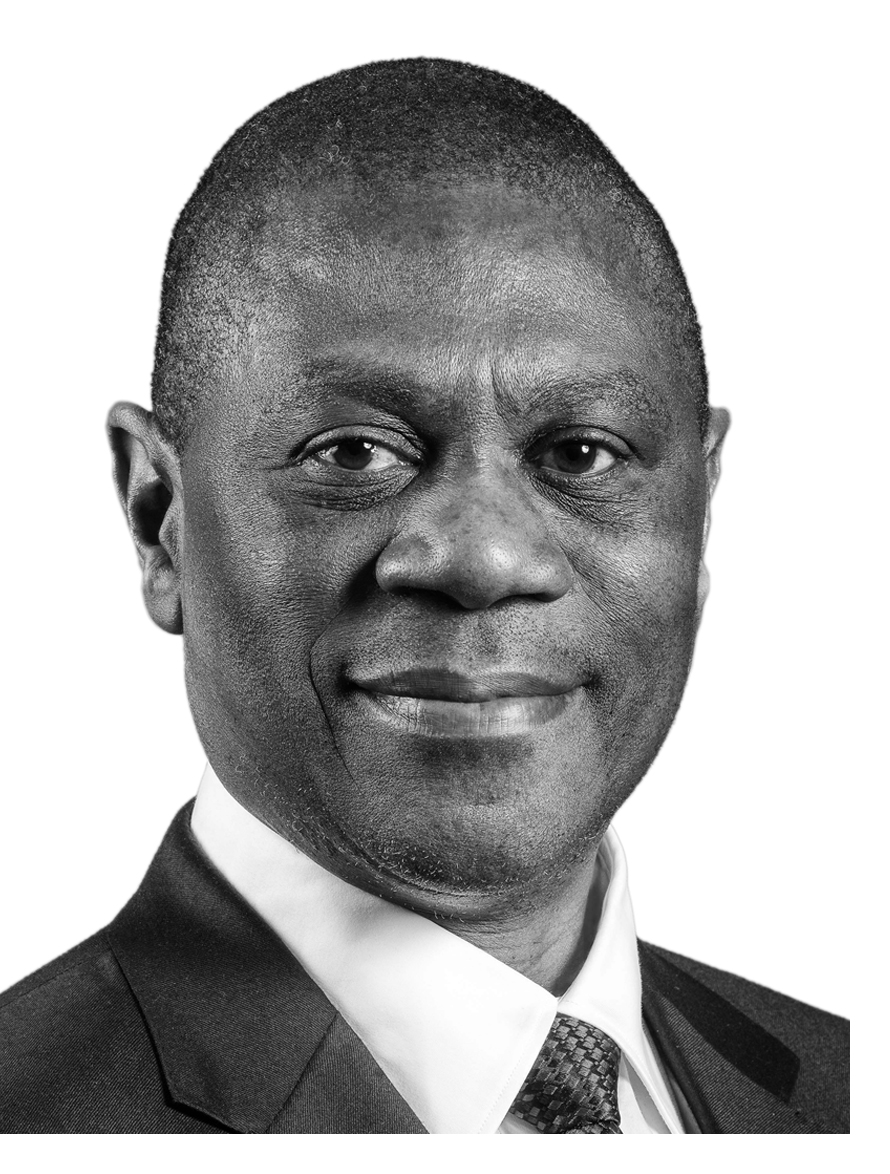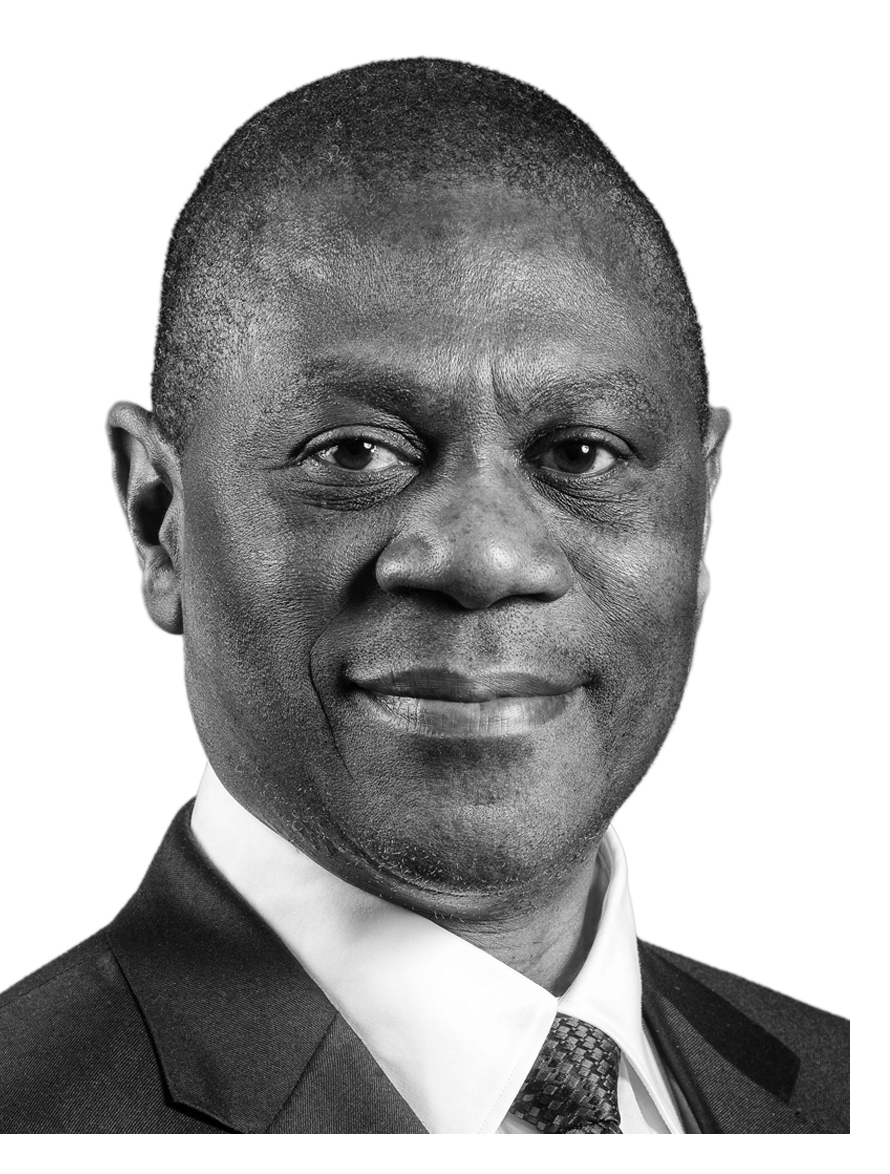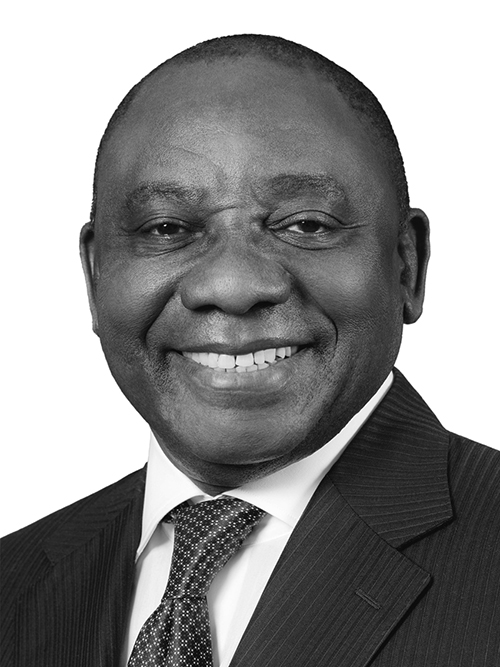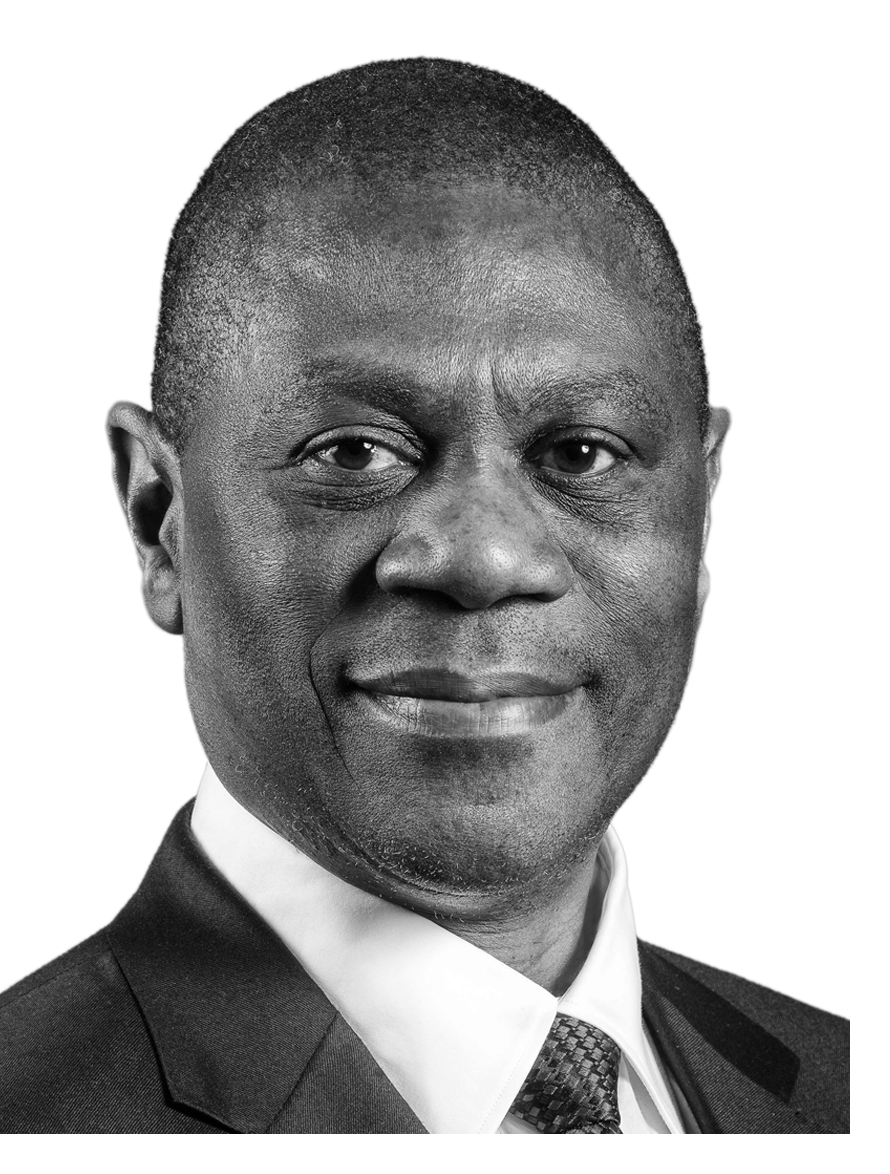Programme Director;
South Africa's Ambassador to the Republic of France, HE Nathi Mthethwa;
Honourable Minsters and Deputy Ministers;
UNESCO leaders and delegates;
Excellencies;
Ladies and gentlemen,
We have spent a week here dedicated to strengthening South Africa’s historic and warm bilateral relations with France. Our focus has been on expanding existing cooperation and identifying new opportunities for collaboration, particularly in trade and investment.
This week featured a significant meeting with President Emmanuel Macron, where we collectively pledged to strengthen the bilateral ties between our nations to facilitate greater investment opportunities.
We also conducted two days of robust discussions with the French business community at the inaugural France-SA Investment Conference on South African investment prospects. We are convinced that our case will draw further French investments into South Africa, adding to the already large French presence in our nation, for which we are grateful.
This is a timely visit since South Africa has assumed the G20 Presidency, which is being hosted on African land for the first time. We have accepted the G20 Presidency at a time when the world is confronting severe and persistent challenges that are putting our global humanity and the nation-state solidarity that was the foundation of the United Nations' establishment 80 years ago to the test.
Geopolitical instability, conflict, and war are causing hardship and jeopardising our collective future. Rising nationalism, protectionism, and geopolitical interests threaten international cooperation, global economic growth, and innovation. These challenges require inclusive, coordinated responses.
Ladies and gentlemen,
Gender-based violence (GBV) continues to be one of the ongoing challenges. The Transforming MEN’talities Campaign, led by UNESCO, is playing a huge role in assisting the fight against GBV through the inclusion of boys and men.
South Africa has been implementing Transforming MEN'talities as a tool to combat the GBV pandemic in recent years. Today, I want to focus on the three approaches that we have taken as South Africa to address GBV. The first approach is a comprehensive implementation of Transforming MEN'talities, bringing it to young South Africans through the Higher Health initiative.
The second is our cross-sectional research programmes that look at the underlying social and behavioural factors that drive the GBV pandemic in SA. Our third approach is our commitment and growth of the programme in SA allows us to work closely with UNESCO to expand it in our region in Africa and the rest of the world.
We are implementing these strategies because we have learned that GBV is a pervasive and deep-rooted issue that requires a societal approach. For centuries, traditional notions of masculinity have shaped how men view themselves and interact with women.
These constructs have not only perpetuated harmful stereotypes and gender-based discrimination but have also hindered the development of inclusive and diverse communities. The GBV has significant repercussions, particularly in terms of precariousness, poverty, and social exclusion.
Economic violence hinders women's access to essential services like healthcare and education, causing them to make difficult choices. Financial dependency often leads to violent relationships, preventing women from even seeking help or leaving abusive relationships.
Both men and boys should be involved in the fight to combat GBV. We should increase women's participation in previously reserved sectors, thereby promoting gender equality. It is commendable that the Transforming MEN’talities is playing a huge role in the inclusion of boys and men in finding solutions. It is changing the mindsets and improving policies by highlighting effective strategies for engaging men and boys in the pursuit of gender equality.
The Government of South Africa has responded to this call by introducing several initiatives, such as the launch of the National Strategic Plan on Gender-Based Violence and Femicide. This comprehensive, multi-sectoral framework, co-developed with civil society, envisions a South Africa that is free from all forms of violence directed at women, children, and LGBTQIA+ persons.
Unless we transform human minds, and particularly the mentalities of men in our communities, we cannot build the kind of society we envision: one rooted in equality, resilience among young people, and good global citizenship. Education is crucial in transforming mentalities, from early childhood to post-school education, by nurturing values that empower young people to become empathetic, respectful, and active global citizens. This transformation should extend to those outside the education system.
The Human Resource Development Council, which I chair, is committed to equipping all young people with essential skills for living, which include the critical components of civic education, ethics and human rights, and gender education, as well as building soft skills such as emotional intelligence, empathy, teamwork, leadership, time management, goal setting, conflict management, and entrepreneurship, among others, which are classified as the top 10 soft skills required in the workplace for employability and job success.
Through integrating these skills into our education and training system, we are building a more resilient, capable, and empowered generation of young South Africans.
Our country recognises that GBV is a multifaceted issue that intersects with mental health, drug and alcohol abuse, disability inclusion, sexual reproductive health, civic education, climate change, economic freedom, and entrepreneurship, all of which cannot be addressed separately.
The South African government is investing in research to understand the causes and behaviours of GBV and its mechanisms to transform mentalities. The Human Science Research Council in South Africa is open to extending this research to SADC countries for cross-border research. The Government is working to strengthen civic education to build global citizens who are ethical, preserve humanity, and respect citizens' rights, contributing to a just and democratic society.
Ladies and gentlemen,
Our implementing agency, Higher Health, is working in close partnership with our Government. As a recognised global partner of UNESCO, Higher Health has already joined forces with UNESCO on the Transforming MEN’talities initiative and is proudly leading by example in South Africa.
As a proud partner to UNESCO and our commitment to the cause, we have organised 18 transforming mentalities conferences since the launch at various universities and colleges in all provinces. Higher Health has launched interactive peer-driven dialogues at post-school education and training institutions, reaching over 421,700 young South Africans.
These dialogues help them explore the causes, impacts, and solutions to GBV, empowering them to take an active role in eliminating violence. Additionally, risk self-assessment toolkits have assisted over 316,500 students in identifying their personal vulnerabilities and exposure to GBV.
Higher Health's network of professional counsellors, psychologists, and Social Workers have assisted 19,365 students across post-school institutions with psychosocial counselling services and other support services to rebuild young South Africans affected by the GBV pandemic.
Under the leadership of South Africa’s Deputy Minister of Higher Education and Training, Mr. Buti Manamela, Higher Health hosted its 4th consecutive Sobukwe-Mandela Summit, which is a leadership camp comprising a series of masterclasses for 100 youth, from all our post-school education institutions each year.
Higher Health, in partnership with UNESCO, has further taken a bold step forward by establishing the first of its kind in Africa, a Civic and Soft Skills-Accredited Programme for young people at universities, community, technical and vocational colleges, as well as for youth people not in education and training. This is the only skills programme of its kind to incorporate UNESCO’s Sustainable Development Goals (SDGs) into the content, thus bringing the SDGs into communities and households in urban, peri-urban and rural areas.
This programme, which includes gender studies and Transforming MEN'talities, has become part of the co-curriculum across all disciplines at universities, TVET, and community colleges in our country. This accredited programme has already certified over 5,000 young people, and we aspire to reach another 250,000 more young South Africans in the next two years.
I wish to see this programme expand across other African countries, including our neighbouring SADC countries, because this is exactly what our continent needs. It should be a movement that crosses borders, cultures, and ideologies.
The work of transforming mentalities is neither easy nor quick. But we have already begun. Through partnerships like the one between UNESCO and Higher Health, we are seeding change in our schools, campuses, communities, and in the hearts and minds of our young people.
Let me be clear: the fight against GBV is not the sole responsibility of survivors. It is not the responsibility of women alone. Men must be part of the solution. Boys must be raised to care, not to dominate. To empathise, not to control. To act, not to remain silent.
Let us continue to work together as nations, institutions, and individuals to transform mentalities, transform lives, and transform our shared future.
Cooperation is our greatest strength and our most powerful weapon.
I thank you.










